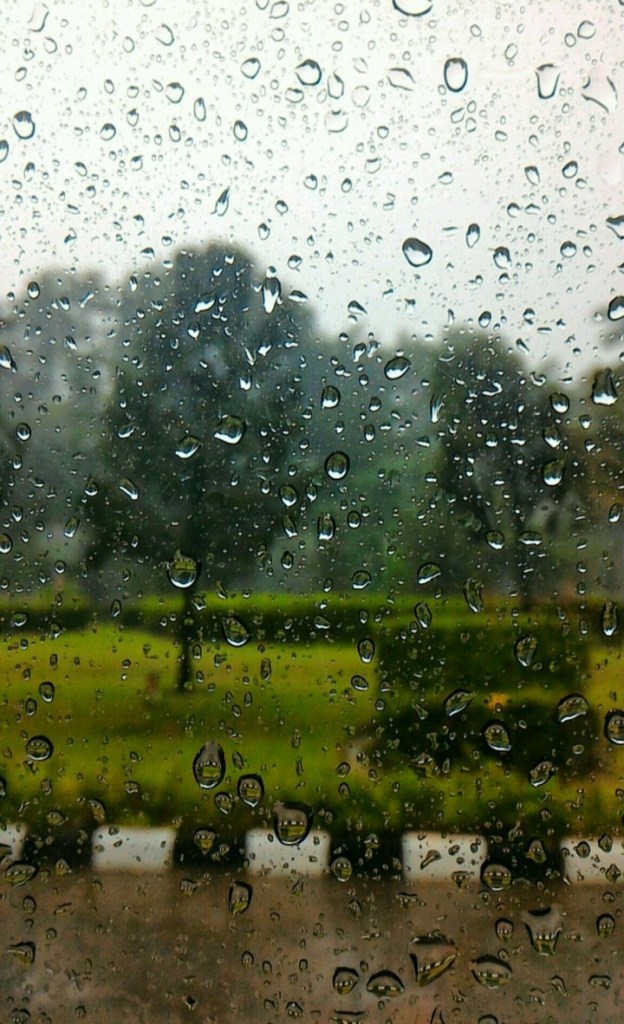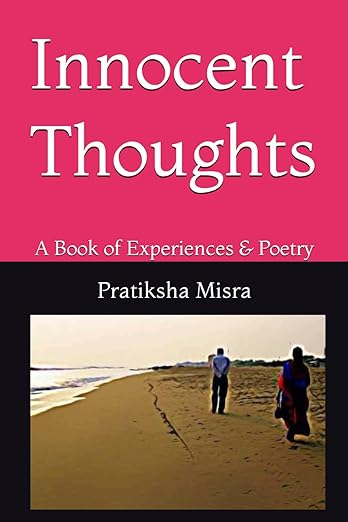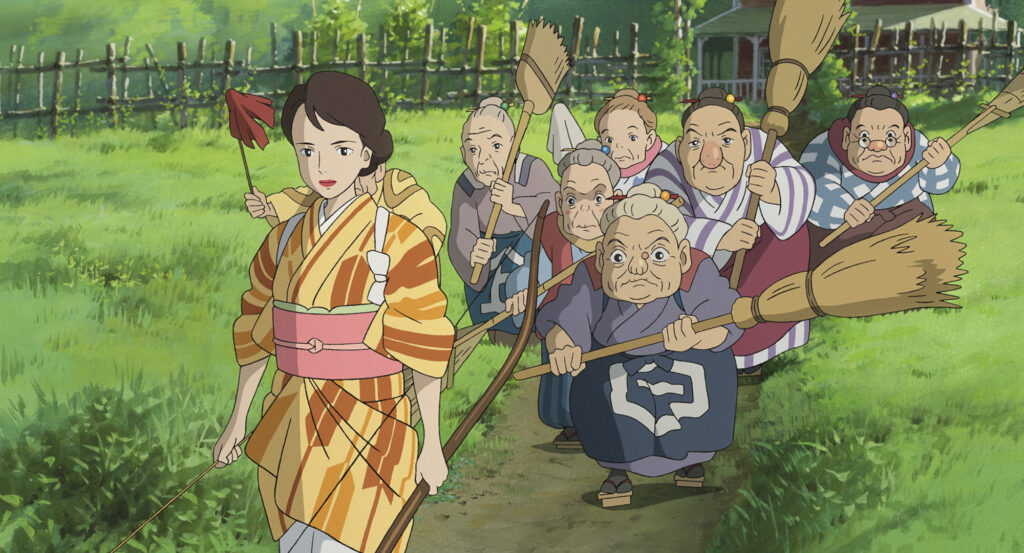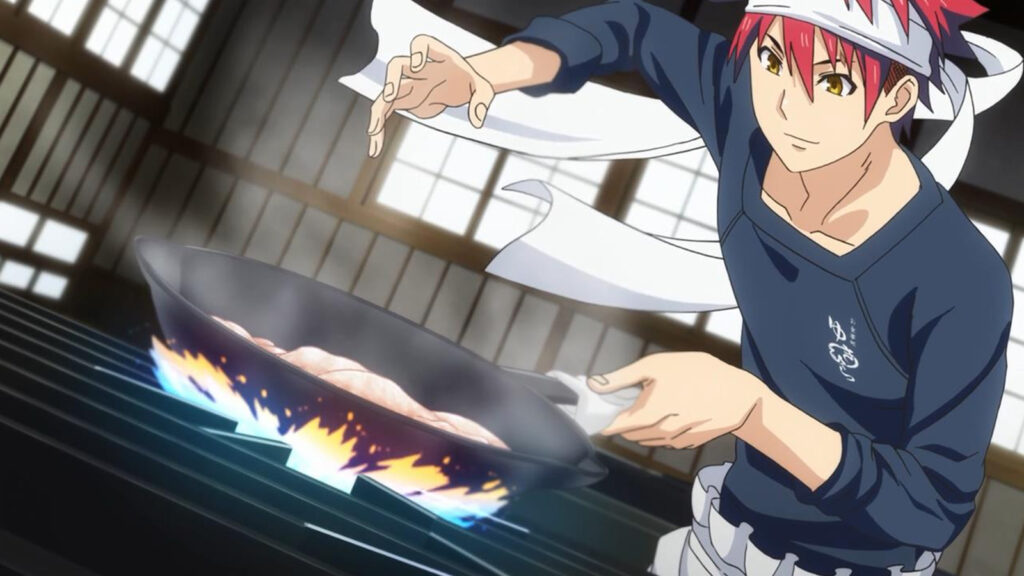By Shelley Pallis. Ran is a “Child of Impurity”, a warrior with the power to exorcise monsters, but only by taking on their curses himself. As a result, he is a toxic figure, shunned by the villagers he defends,...
By Shelley Pallis.

Ran is a “Child of Impurity”, a warrior with the power to exorcise monsters, but only by taking on their curses himself. As a result, he is a toxic figure, shunned by the villagers he defends, doomed to a short life-span when the accumulated poisons eventually overwhelm him. And he has acquired a travelling companion, the perky young bard Torue, who sees in Ran the perfect material for a song cycle. Bereft of inspiration, she hopes to follow him around until a “story” presents itself. She, and admittedly, me too, is about to very surprised to discover that it will not be about slaying monsters and righting wrongs, but the deceptively simply quest to make Ran truly smile.
Unsurprisingly for a manga that ran in Kadokawa’s Dragon Age magazine, the narrative in Poetry of Ran is highly gamified – a series of bosses and Achilles’ heels to be negotiated, and power-ups to be acquired, before the characters can advance to the next level. The fantasy milieu is a grab-bag of whatever takes your fancy – sometimes it’s cod-Scandinavian, but every now and then something anachronistic blurts onto the page, like a cathedral plainly modelled on Barcelona’s La Sagrada Familia, or a pack of modern-day playing cards.

The female characters in it have some real sass going for them – at least on the surface. Mina is an elf girl, plainly modelled on the iconic Deedlit from Record of Lodoss War, but also aggressively competitive and sapphically inclined. Jill is a butch woman warrior, hell-bent on avenging her father’s death a decade earlier beneath the claws of a dragon. And Torue is a rookie bard, latching herself onto Ran because she thinks that his quest is going to be the thing that finally inspires her to write a ballad of her own. So that’s all great, albeit tainted by the author’s insistence of ramming in a bunch of boob gags, because hahaha, Torue has big tits… oh, and so does Jill.

Writing plainly isn’t Yusuke Osawa’s main forte. He even confesses in his afterword that he is just cramming a “bunch of things he likes” into a medieval fantasy setting. It’s no fault of the translators that the tone is all over the place, swinging from high fantasy to fanboy snark and back again. Half the characters think they’re in Game of Thrones; half of them talk like drunken commentators for an online RPG, while Torue’s ballads come out classy and classical.
So, it’s lucky that Osawa puts so much effort into the artwork itself, with monstrous splash-pages of apocalyptic combat, as Ran and his associates go up against wyverns, dragons and whatnot. All the while, a shadowy figure looks down on them all and cackles from the rooftops that their every exorcism is actually a step towards Armageddon as he amasses all the curses, or hit points, or mana or whatever it is, to bring back his “kin” and kick off Ragnarok.
Poetry of Ran is released in the UK by Titan Comics.















